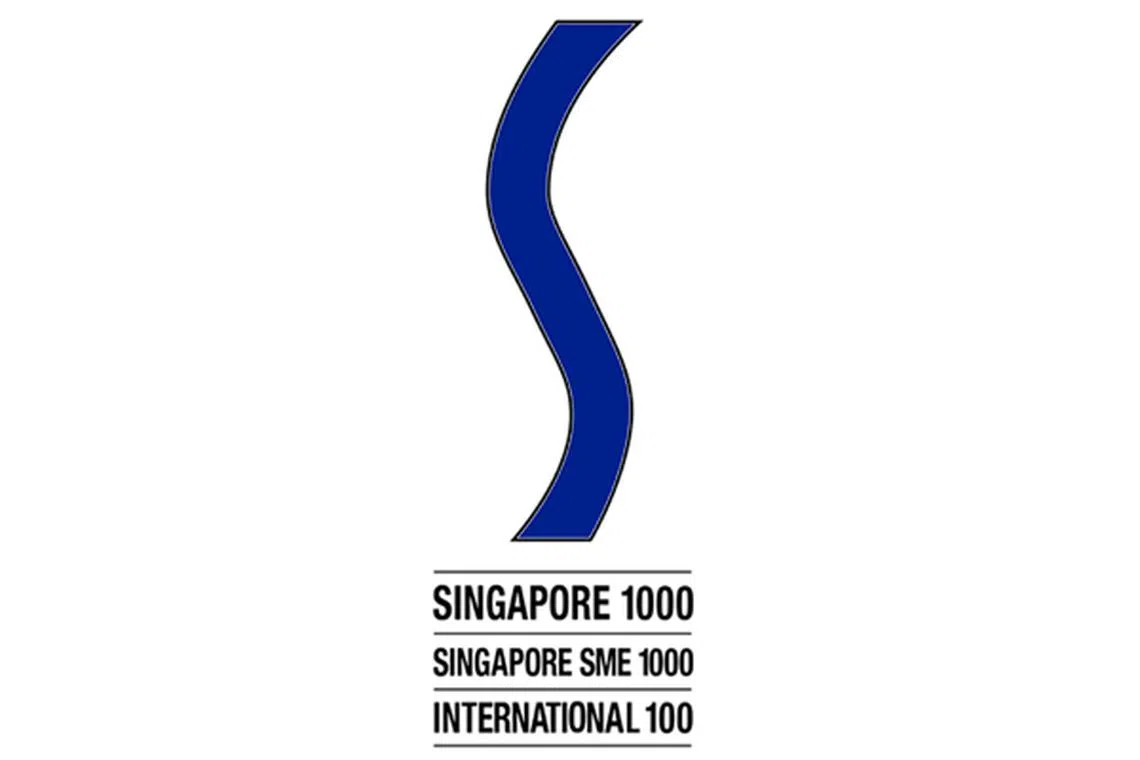A bright future ahead
Unigold International has emerged stronger over the decades due to its commitment to quality and willingness to innovate.
SINCE it was established over 50 years ago, Singapore-based gold chain maker Unigold International has had to pivot several times to navigate changing business conditions and customer demands. This explains why the company has managed to grow steadily over the years, even as its competitors have fallen by the way side.
In the 1970s, Unigold was one of the first in the industry to explore the use of machinery to increase production. When GST was introduced here in the 1980s and Singapore lost its sheen as a place for tourists to buy gold, the company started selling to buyers in Hong Kong, which was still a tax-free shopping haven. And when the territory was handed back to China in 1997, the management team decided to focus its efforts on Dubai and customers in the Middle East.
Today, Unigold is the only gold manufacturer remaining in Singapore, down from over 30 such companies in the 1970s. Beyond having strategic foresight, Calvin Poon, Unigold's director of operations, attributes their success to a commitment to quality.
"Our competitive advantage is that we are constantly improving our products. In the past we had to sell cheaply because the quality was not there, but we have improved our quality and as such can command a certain price in the market," reveals Mr Poon, who is a third-generation family member helping run the company founded by his grandfather.
"Over the years we have also changed from using low-end materials to higher grade items and new manufacturing techniques," he adds. As a mark of assurance, the company has stamped the registered trademarks "UNIGOLD" and "UG" on its chains since 2004.
This dedication to quality has been accompanied with ever increasing profit and revenue. As a result, Unigold has been a recipient of the Singapore 1000 award for financial performance for the past 10 years. Mr Poon estimates that revenue has grown by about 33 per cent, from $458 million to $613 million, over the past 10 years. The company exports the bulk of its products - which come in 18K, 21K, and 22K gold - primarily to wholesalers in the Middle East, India and Bangladesh. It also sells to a handful of large gold chain retailers in Singapore.
Navigate Asia in
a new global order
Get the insights delivered to your inbox.
Another of Unigold's competitive advantages lies in its efforts to innovate, especially in terms of product design. It offers its customers more than 200 in-house designs to choose from. It then produces made-to-order gold chains that vary in length, size, and colour specifications depending on customer requirements. According to Mr Poon, anyone in the company can come up with a new design.
"Every worker is given the opportunity to create a chain. If it can sell for more than three months, that person gets a portion of the profits. So at our company anyone can be a designer," he explains.
TALENT CRUNCH
While operating costs have climbed in Singapore, Unigold has chosen to keep its manufacturing operations in the Republic because of security reasons. "In terms of risk, Singapore is a safe place to be for a gold manufacturer. When our competitors in Penang or Indonesia deliver their products to the airport they need to use an armoured truck. We don't need to do that here."
However, staying in Singapore has its own challenges, especially when it comes to acquiring and retaining talent. To address this issue, Unigold is embarking on a strategy to modernise its operations in order to increase productivity and reduce its reliance on manpower. The company currently employs over 120 staff.
"The only risk we see ahead is manpower. Our workers are getting older; over 40 per cent are above 40 years old. It is' not easy to find young workers, and it's hard to get foreign workers also," says Mr Poon.
The company is also planning to expand its manufacturing operations at its site, which will increase capacity by around 1.3 times. The end goal is to ramp up its production in order to meet growing customer demand, particularly from the vast Indian market.
Says Mr Poon: "There is a lot of room for growth in India. We are producing around 1 tonne a month, but consumption there is in the thousands of tonnes. It is a matter of how much demand we can take."

Share with us your feedback on BT's products and services
